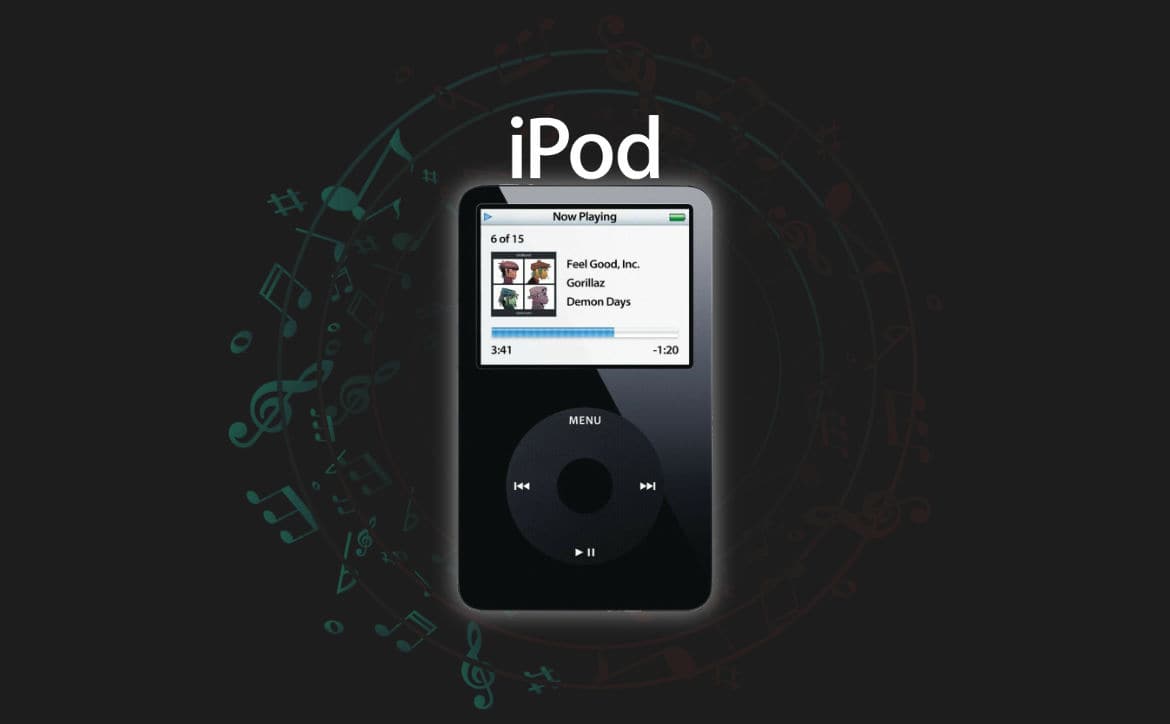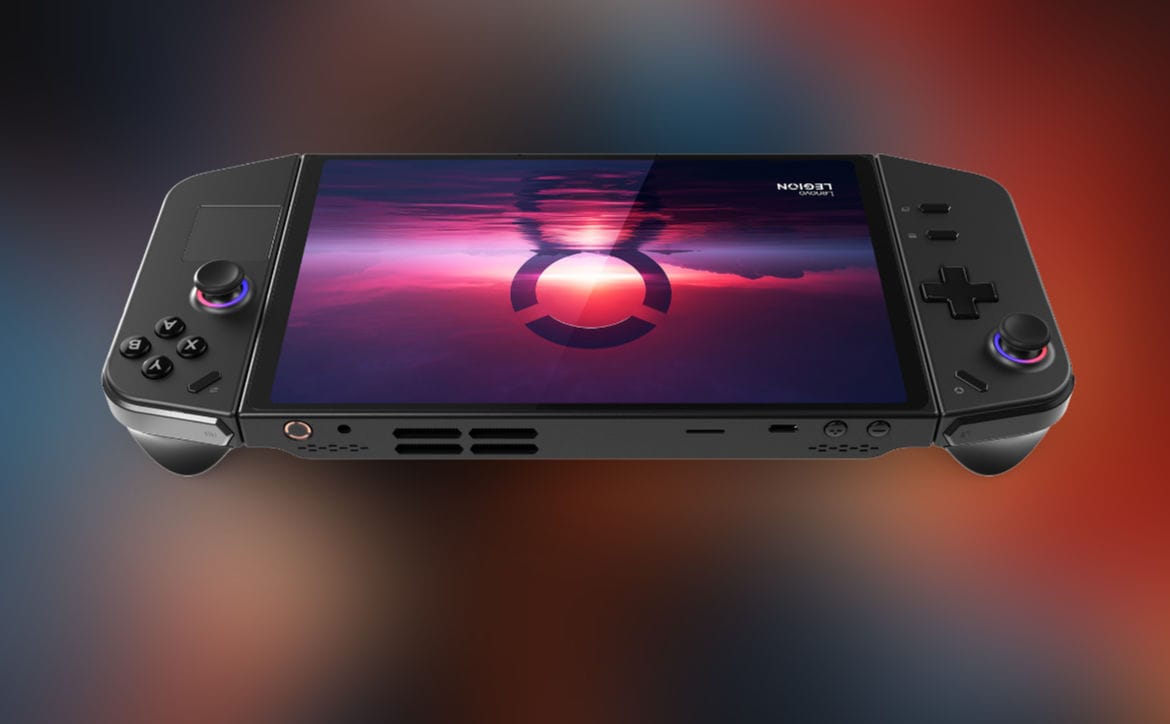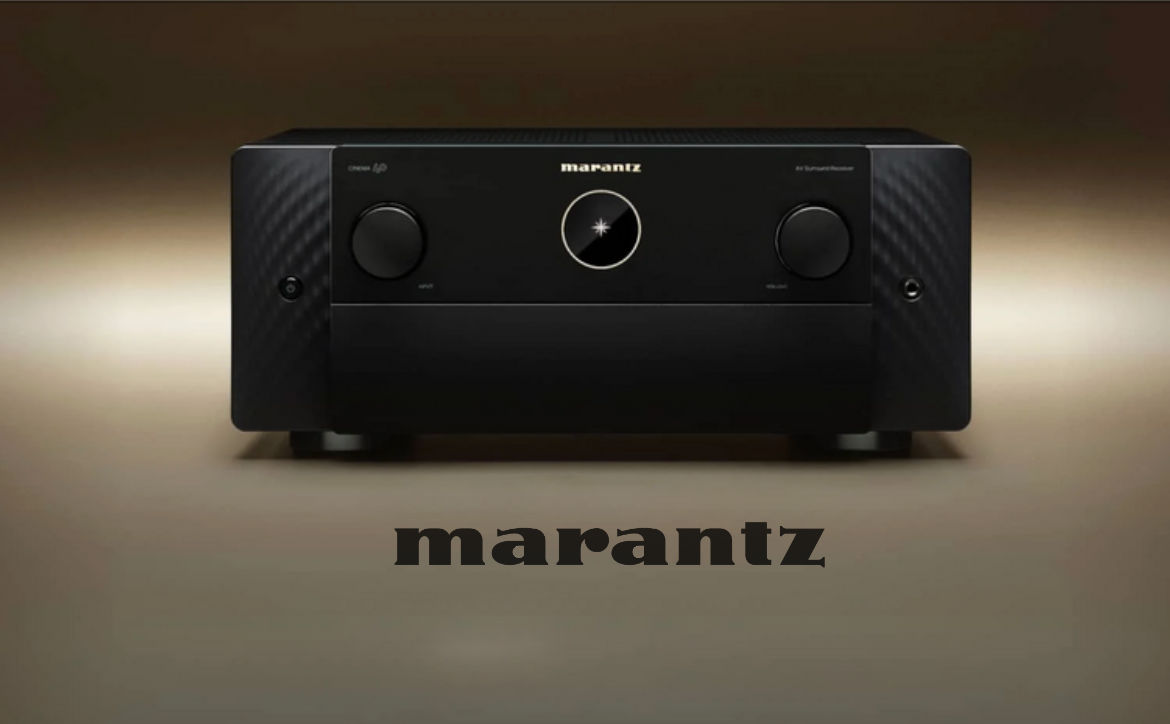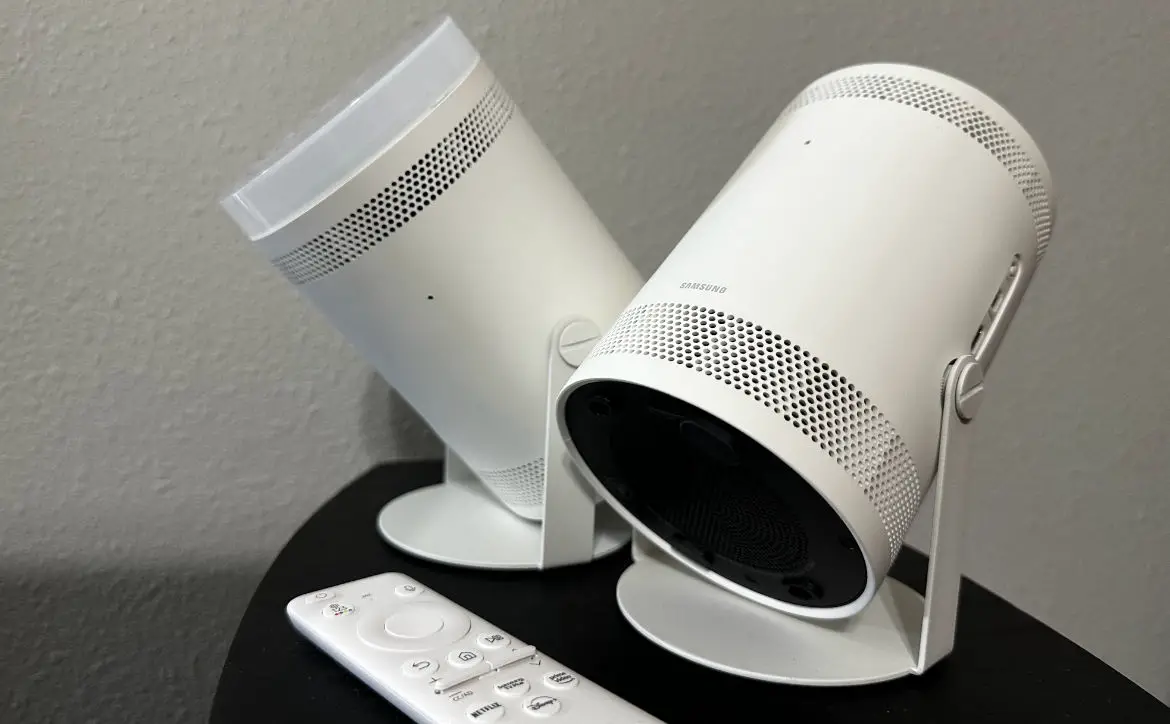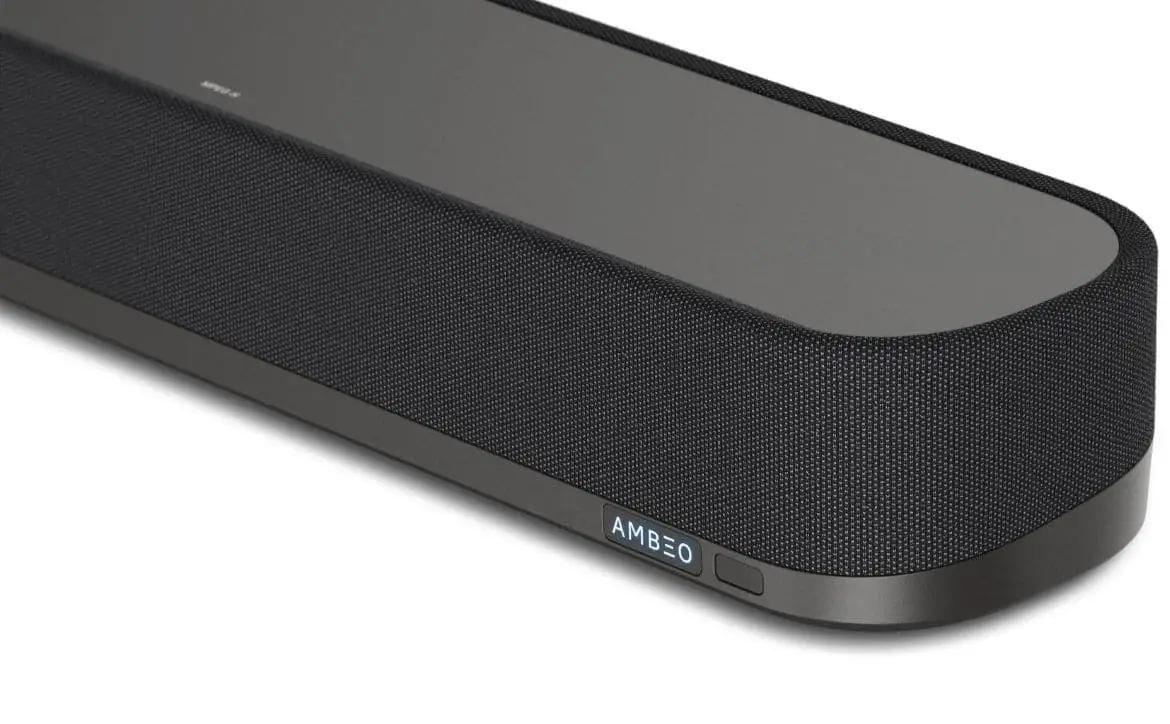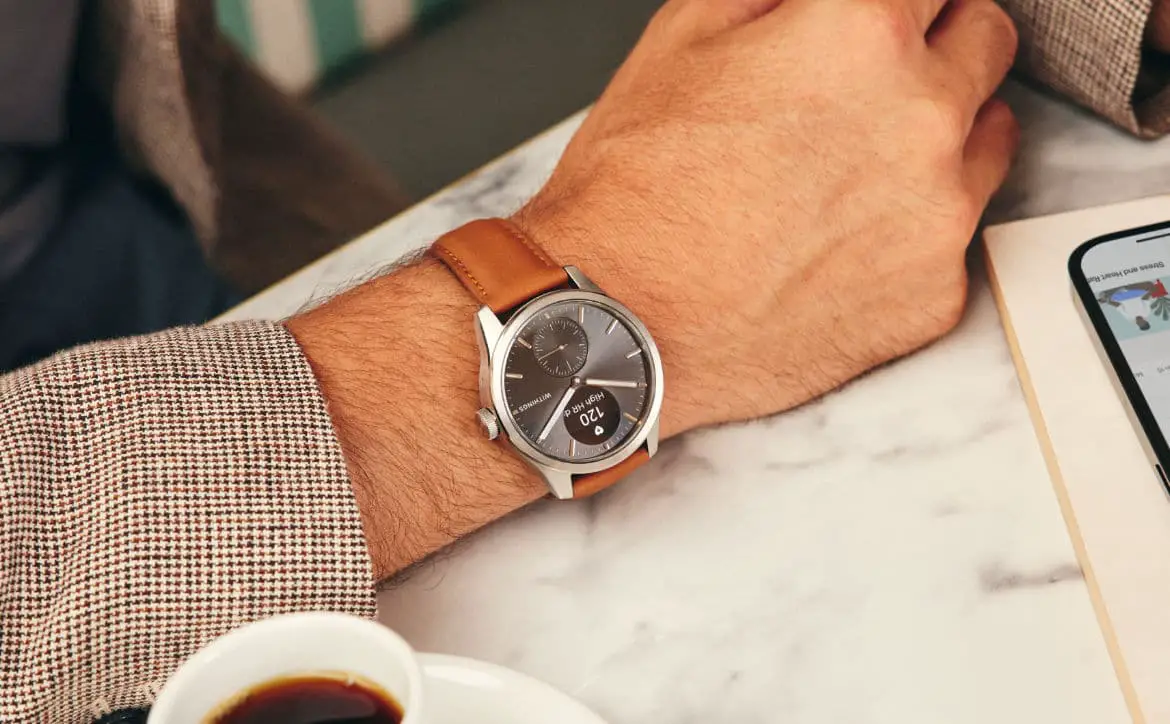The iPod. It is hard to argue the impact this small portable music player had on the world. From its humble beginnings as a “1000 songs in your pocket” music player to its evolution into a multi-use touch device, the iPod came a long way in its two decades.
Estimated reading time: 4 minutes
Apple co-founder Steve Jobs first introduced the idea of the iPod in 2001. He envisioned the need for a compact, portable music player that would allow people to carry their entire music library wherever they went. MP3 players began gaining popularity during this time, but many were bulky and hard to use (or plain crap). Jobs envisioned a device that could be small, simple to use and have plenty of storage for music files.
The first iPod was released October 23, 2001, and it changed the way people thought of the mp3 player. The new player was small, with a 2.5-inch screen, and it could store up to 5GB of music, which was enough to store approximately 1,000 songs. The iPod was initially only compatible with Apple’s Mac computers, but a Windows version was released soon after. The device was a huge success and sold out within the first few days of its release.
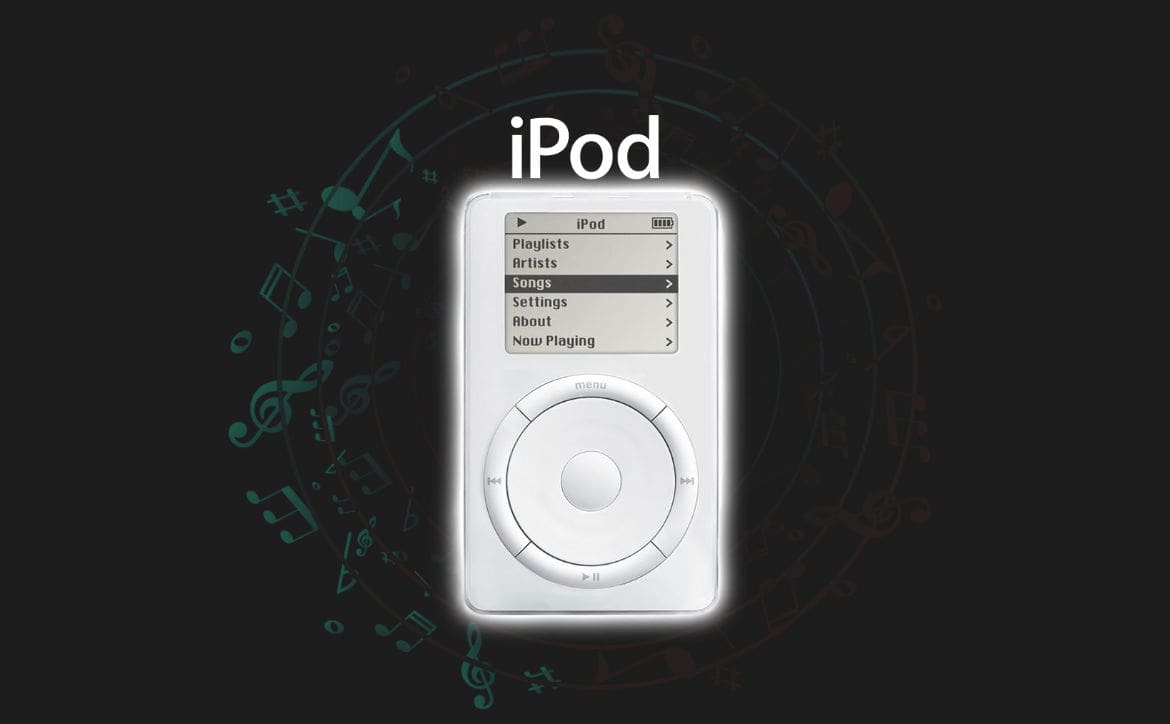
The first-generation iPod was followed by several more versions, each of them with new features and improvements (incremental upgrades). Then, in 2003, Apple introduced the iPod Mini, which was smaller and more affordable than the original, not to mention more portable. The Mini was a hit and sold over four million units in its first year. In 2004, Apple introduced the iPod Photo; this was the first iPod to feature a color screen and the ability to store and display photos.
In 2005, Apple released the iPod Video, one of the most popular Pods, which allowed users to watch videos and play games on their iPod. The Video was a huge success and sold over 22 million units worldwide. The fifth generation came in two variations, the 5 and 5.5 Enhanced. The enhanced fifth generation is considered (by many) the best iPod for sound quality due to its Wolfson DAC.
In 2007, Apple released the iPod Touch, a touch-screen version of the iPod that could run third-party applications. The Touch was a big hit and sold over 10 million units in its first year, bringing the device closer to an iPhone than ever before.
In 2010, Apple released the fourth generation iPod Touch, which featured a high-resolution screen, a faster processor, and a front-facing camera for video calls. The fifth generation followed the Touch in 2012, which featured a larger screen and improved camera. In 2015, Apple released the sixth generation iPod Touch, which featured a faster processor and improved cameras.
Some believe that the iPod Touch was the actual death of the iPod because the Touch was, in essence, an iPhone without calling features. The seventh-generation iPod Touch was the final model to be sold as Apple moved on with the iPhone and iPad.
The iPod was not only a hit with consumers, but it also made an impact on the music industry. Before the iPod, people purchased CDs or listened to music on the radio. The iPod made it easy for people to buy and download music directly from the internet and changed how many people purchased and listened to music. Some artists argue that it hurt the industry as streaming services pay a lot less in royalties for their music.
The iPod also introduced people to new and independent artists, as the iTunes Store allowed them to discover and buy music from artists they may not have been able to find otherwise.
The iPod also had a significant impact on the technology industry. The iPod’s user-friendly interface and clean design set a new standard for portable devices, inspiring many other companies to create similar devices. The iPod’s success also helped Apple become one of the world’s largest and most profitable consumer tech companies. Of course, the Macintosh, iPhone, and iPad also helped.
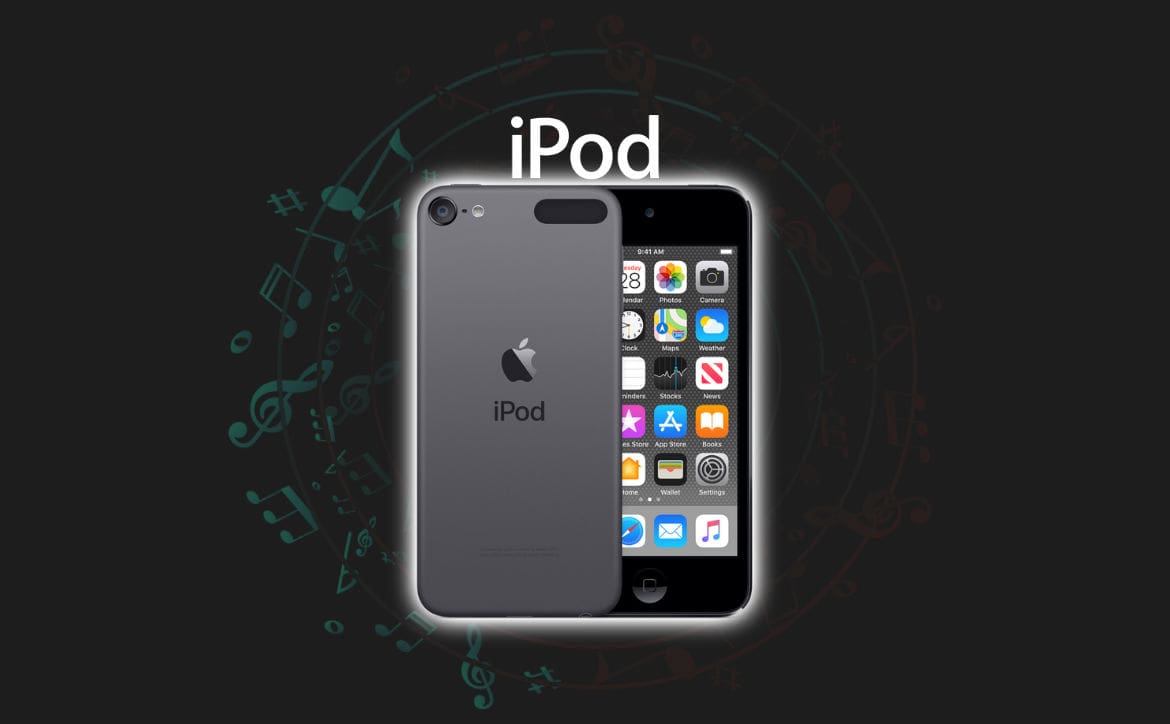
In recent years, the popularity of the iPod has declined as smartphones have become more powerful and versatile. Many people now use their smartphones to listen to music and store their media, and the iPod has become a niche device for Apple enthusiasts. Still, the iPod remains integral to technology and music history. It will always be remembered as a groundbreaking device that changed how people listen to music.
I recently purchased a fifth-generation Classic (the 5.5 variant), and I am waiting on a new battery and an SD Card board from iFlash to give the old girl a go. I have used streaming services since their inception, but I was curious to see if using one of these old devices was still worth it. Stay tuned for more in the coming months.
Do you still use an iPod? Please share your thoughts on any of the social media pages listed below. You can also comment on our MeWe page by joining the MeWe social network. Be sure to subscribe to our RUMBLE channel as well!

